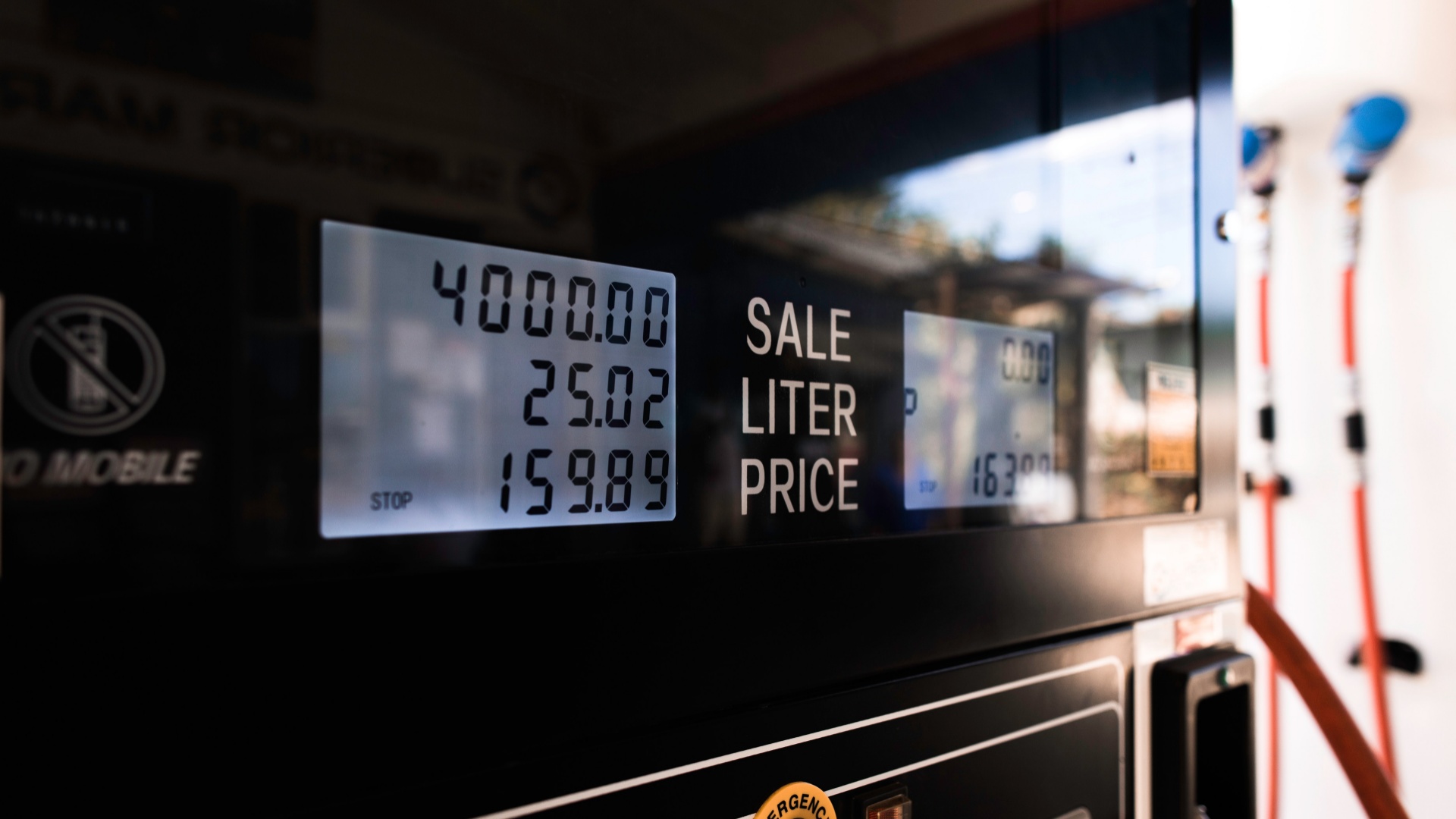This week Wednesday saw a litre of petrol rise in price to R23.61. The news came on the back of last month, which saw the largest increase in petrol price in a number of years, with South Africans feeling the crunch once again.
The increase has had a serious impact of transport costs, especially for those travelling to work in Gauteng. As for those on the lookout for a new job, they too are feeling the pinch, with research from two Stellenbosch academics illustrating just what effect it is having on job seekers.
To that end JM van der Merwe and SC Krygsman, who are a part of the university’s department of logistics, presented their research on the second day of the Southern African Transport Conference in Pretoria this week.
The presentation was titled Investigating The Relationship Between Transport And Labour Discouragement In South Africa.
Using statistics from Quarterly Labour Force Surveys, National Household Travel Surveys and National Income Dynamic Surveys Descriptive to assess discouragement and transport trends between 2008 and 2020, the pair showed that rising transport costs are also having a negative impact on job seekers.
“A panel regression model indicated a positive relationship between transport cost increase and discouragement. We also saw disproportionate household expenditure on transport to search for employment between different income groups,” explained van der Merwe.
“In South Africa, the number of discouraged work seekers increased in parallel with the deterioration of South Africa’s transport system. This left many commuters captive to inefficient and unaffordable public transport modes when trying to reach economic opportunities,” added Krygsman.
The researchers also quoted Statistics South Africa data, noting that over the past 12 years, the percentage of discouraged work seekers indicating transport issues as a reason for discouragement increased by approximately 20 percent in 2007 to roughly 70 percent of all discouraged job seekers in 2019.
The pair’s research also highlighted the fact that rising transport costs are affecting families on opposite ends of the income spectrum quite differently.
To that end, households falling within the lowest expenditure quartile (R74 to R1 386) spent on average 12 percent of their total household expenditure on transport search cost, compared to 2.6 percent for households in the highest household expenditure quartile (R4 163 to R211 531).
“This disproportionate transport search cost expenditure between lower and high-income households could fuel existing high-income inequality in South Africa,” van der Merwe and Krygsman warned.
It is therefore an aspect that more employers need to be cognisant of when trying to court job seekers, and an element that needs addressing at a governmental level if we are indeed to tackle job creation in South Africa.
“Understanding the impact of transport cost and affordability on job search can assist with strategies to reduce discouragement and long-term unemployment,” they concluded.
[Image – Photo by Rock Staar on Unsplash]

